Advanced EyeTreatment in Hyderabad
Treatment for Cataracts : Our experts are at the forefront of cutting-edge advancements in cataract treatment, showcasing a tenfold progression in the science of addressing this condition. Moreover, we proudly offer bladeless cataract surgeries, exemplifying our commitment to state-of-the-art techniques.
Cataract Surgeries
- Phacoemulsification
- FEMTO Laser Cataract Surgeries (FLCS)
- Micro Incision Cataract Surgery (MICS)
- SICS
Intraocular Lens
- Intraocular Lenses (IOLs)
- Mono focals,Multifocals,trifocals
- EDOF – (Extended Depth Of Focus)
- Astigmatic correcting IOLs
Treatment for Refractive Errors : LASIK is globally renowned as the top choice for fixing refractive errors. Their popularity is well-deserved, thanks to reasons like quick recovery, painlessness, and minimal or rare side effects, making them highly sought-after treatments.
Refractive Procedures
- Custom LASIK
- Contura
- ICL
Retinal Procedures
- IV injections
- Sutureless Vitrectomy
- Uveitis management
Glaucoma Medications and Management : Advanced Glaucoma Surgeries or Trabeculectomy Surgeries
Oculoplasty, also known as oculoplastic surgery or oculofacial surgery, is a specialised field within ophthalmology that focuses on the reconstruction and cosmetic enhancement of the structures around the eyes and face.
Our experienced oculoplastic surgeons are trained to perform both functional and aesthetic procedures, addressing a variety of conditions affecting the eyelids, orbits, tear ducts, and surrounding facial areas.
Corneal Cross-Linking (CXL) : Keratoconus is a progressive eye disorder that affects the cornea, the clear front part of the eye. In individuals with keratoconus, the cornea gradually thins and takes on a more conical shape, leading to distorted vision. A minimally invasive procedure that involves applying riboflavin (vitamin B2) eye drops to the cornea and then exposing it to ultraviolet (UV) light. This procedure aims to strengthen the corneal tissue and slow down the progression of keratoconus.
Pediatric Eye Care Expertise in
- Refractive Errors
- Squint
- Glaucoma
- Lazy Eye Management
- Low Vision Rehabilitation
- Crossed Eyes
- Retinotherapy In Premature
- Cataract
- Vision Stimulation Exercises
- Dry Eye Treatment
- Learning Disability
- Paediatric Retina
Health Blogs for Ophthalmology
FAQ’s
How important is your family’s eye history?
Knowing your family’s eye history is crucial for understanding your risk of hereditary conditions like glaucoma, cataracts, and macular degeneration. Regular eye checkups, especially with a family history of eye disease, can help with early detection and treatment. Your doctor may also suggest lifestyle changes to reduce your risk or recommend genetic testing to assess potential future eye issues.
What is ophthalmic treatment?
Ophthalmic treatment involves the diagnosis, care, and surgical procedures for eye-related conditions. It also refers to medications or ointments used to treat various eye problems.
How long does laser eye surgery take, and is it painful?
Laser eye surgery is a fast procedure, typically lasting 10–20 minutes for both eyes. While generally painless, patients may experience some pressure or a clicking sensation during the surgery. The pressure is often compared to the feeling of wearing snug swimming goggles.
Are there any risks or side effects associated with LASIK?
LASIK eye surgery carries some mild and temporary side effects, including dry eyes, glare, halos, blurry vision, light sensitivity, and discomfort, which typically resolve within weeks or months. Rare complications include vision loss, while other potential risks may involve night vision difficulties, red patches on the eyes, and visual disturbances like double vision.
How do I prepare for eye surgery, and what can I expect post-procedure?
Immediately after the procedure, the eye may feel irritated, with sensations of burning, itching, or a foreign object in the eye. Some discomfort or mild pain can occur, for which a doctor might recommend a mild pain reliever. Both eyes may water or tear up, and vision is likely to be hazy or blurry.
Can corneal transplants restore vision, and who qualifies for the procedure?
A corneal transplant can restore vision for people with severe corneal damage. This procedure involves replacing a damaged cornea with healthy donor tissue, which can improve vision, relieve pain, and treat infections. It’s typically done in a hospital or outpatient setting, and recovery can take weeks to a year, with vision potentially worsening before improving. Corneal transplants have a high success rate, with over 90% success after one year. Patients need to take precautions to protect their eyes and should continue regular eye exams.





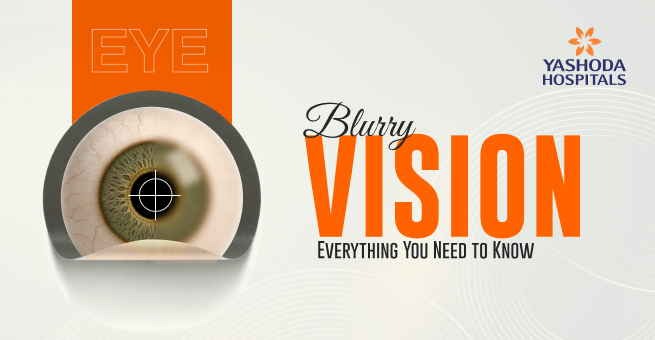
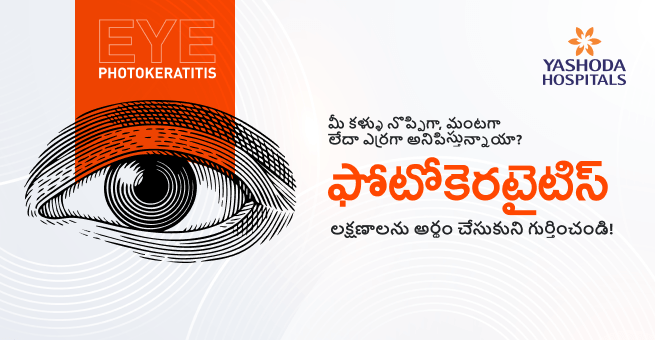
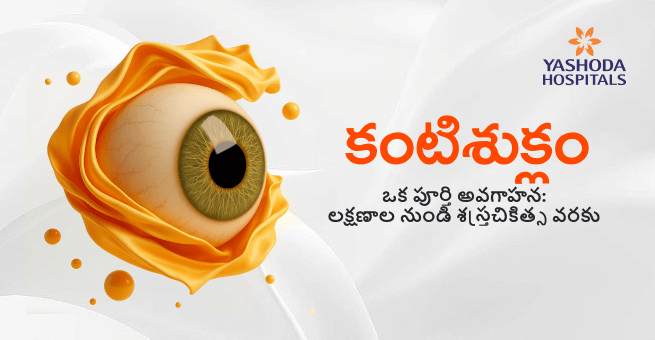
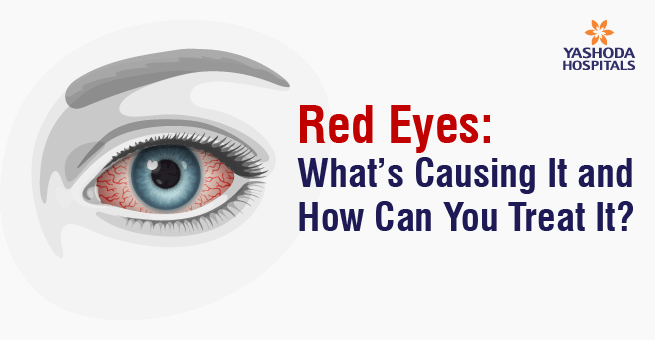

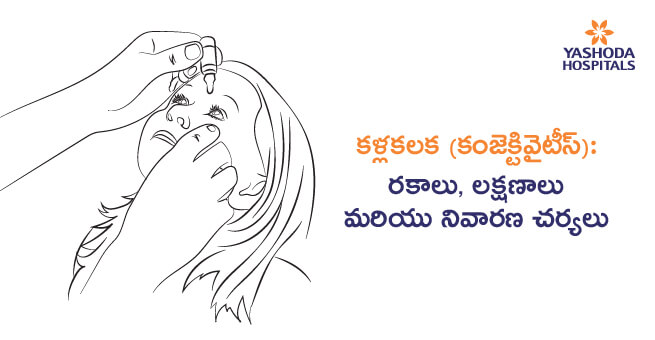

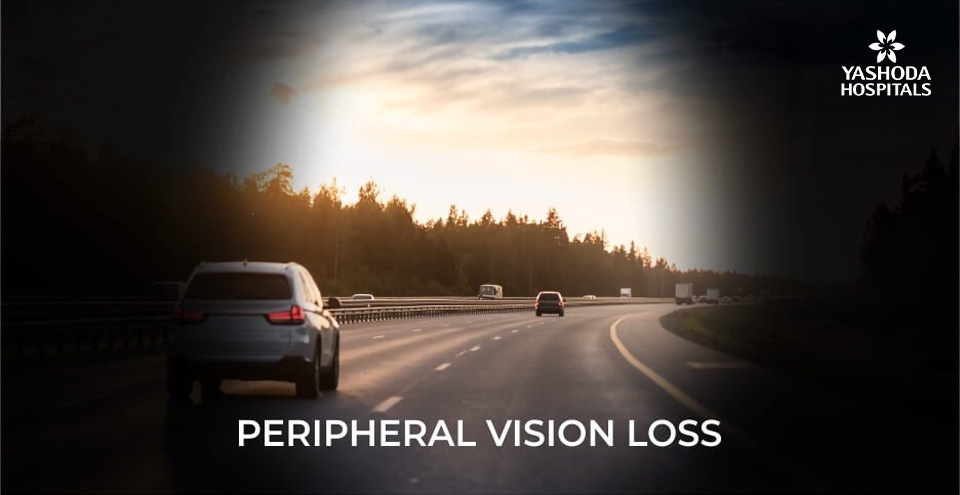
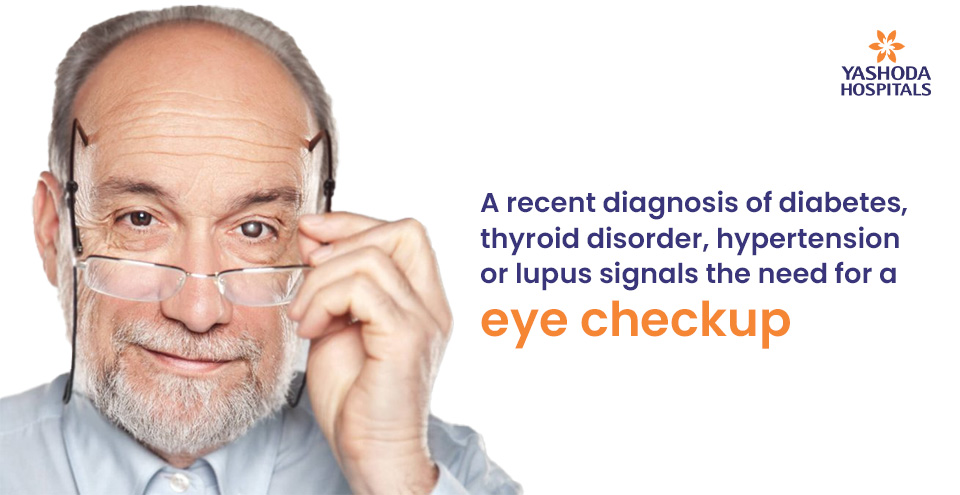
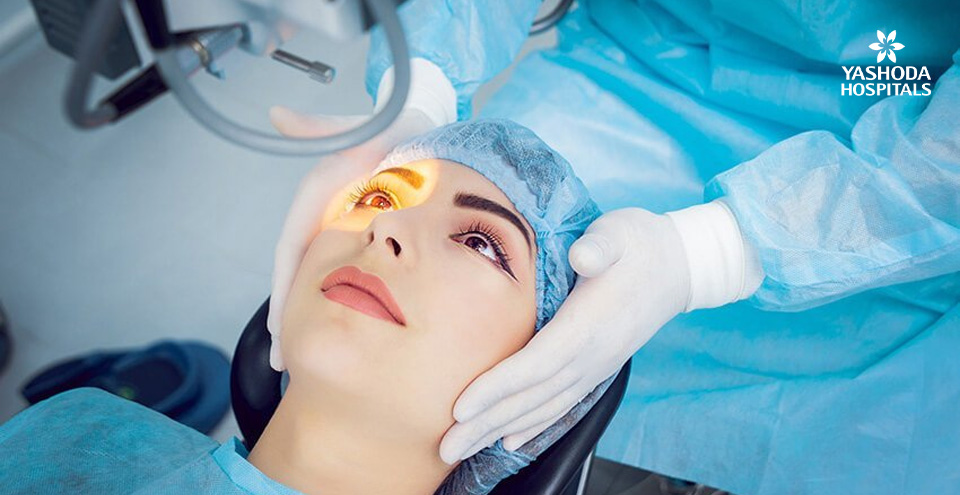
 Appointment
Appointment WhatsApp
WhatsApp Call
Call More
More